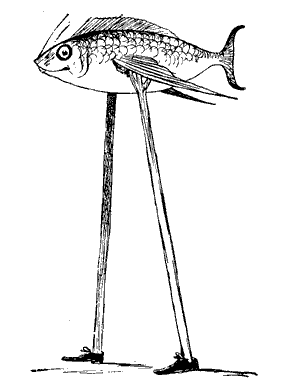 |
| source |
This is another chapter from my aunt's memoirs where she describes how family and neighbours celebrated peace in the back streets of Derby in 1919 when she was eleven years old.
Although hostilities ceased in November 1918, peace celebrations weren’t held until the following June.
Our street being a cul-de-sac, the family next door living in the very last house, we were able to build our bonfire actually on the road. The neighbours living opposite were all delighted and we rummaged around for anything burnable to help the conflagration. Everyone rallied round as they had done during the war. One old lady every time the maroon sounded, had run up and down the street knocking on every front door, calling through the black letter box,
‘Are you up? Isn’t it awful?’
With that kind of spirit we did pretty well and when the enormous bonfire had been built, children and adults sat and stood round until my dad put a match to one side and another fellow lit the other side. Soon there were Catherine wheels spinning on walls and rockets soaring into the air. The boys loved (and I hated) crackers and jumping jacks which darted and exploded.
On the other side of the big brick wall at the end of the street was the railway line. Now and again a train went chuffing by but we were so used to them we hardly noticed. I’ve wondered since if any passengers saw our bonfire, or at least the sparks flying into the air as the men pushed the glowing embers together.
When the bonfire sagged into a heap of red-hot ash, potatoes were dropped in and mothers went into their houses, reappearing with jugs of cocoa for their families. Jugs of beer had been fetched for the men from the outdoor beer licence.
There was much talk and merriment. My dad picked the cooked potatoes out of the embers with a pair of long fire tongs. No potato tastes as good as one roasted in a bonfire. We children were all dropping to sleep as the fire sank and were taken off to bed, leaving the men still talking.
What a night to remember. Little did we think that in twenty years time the peace we were celebrating would once more be shattered by the dogs of war. But that’s another story.


.JPG)
.JPG)
.JPG)














.JPG)
